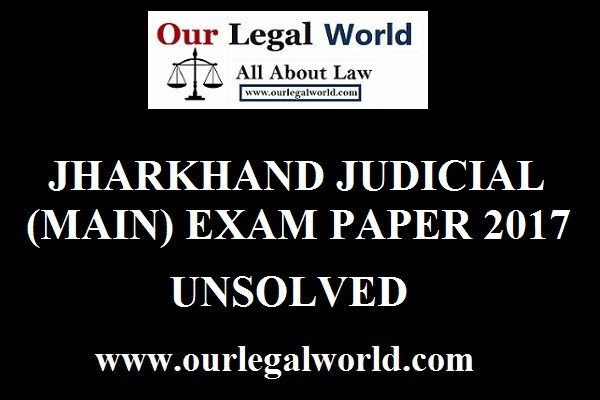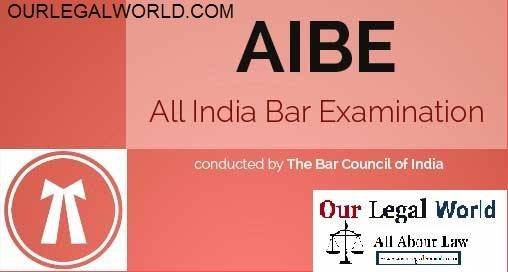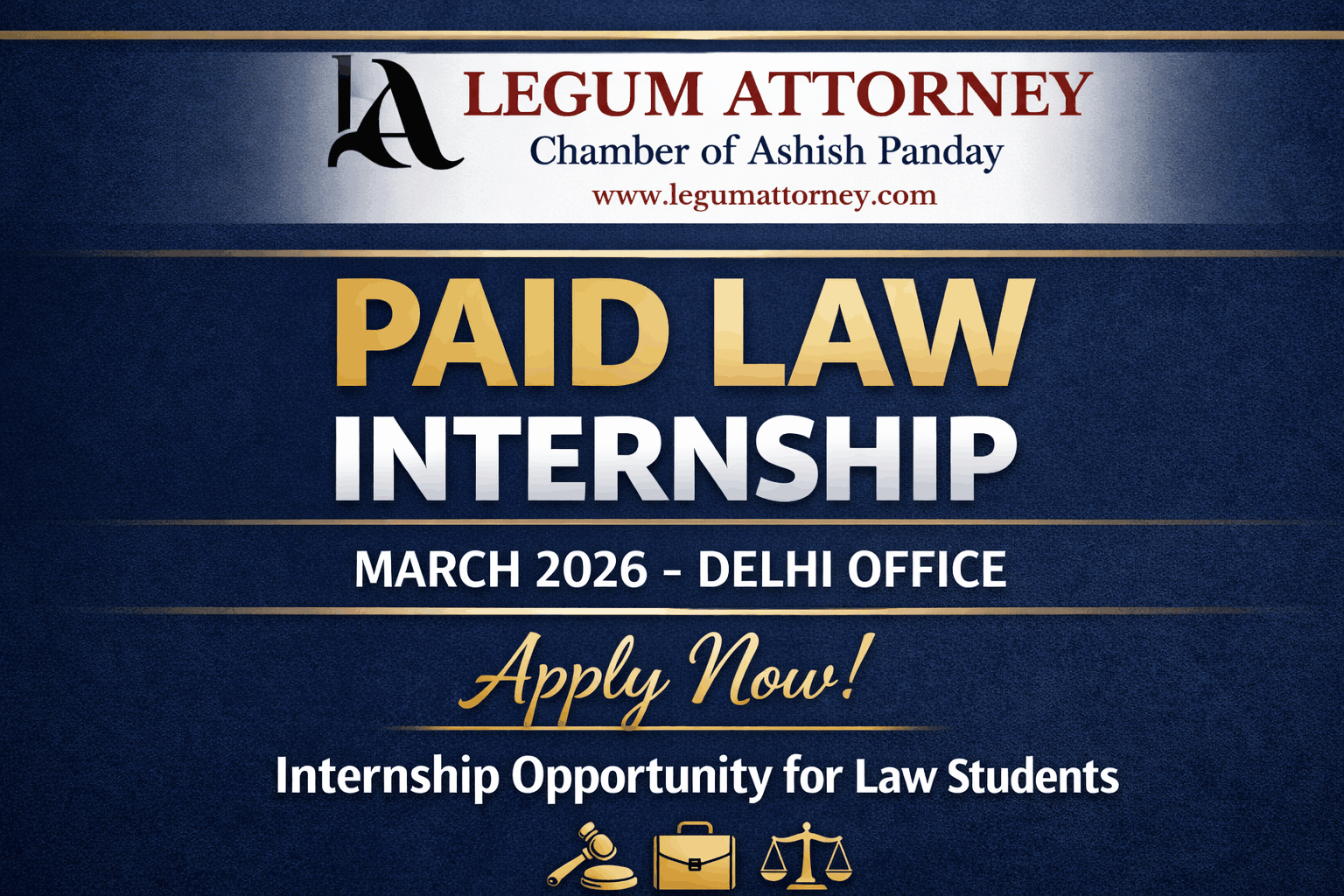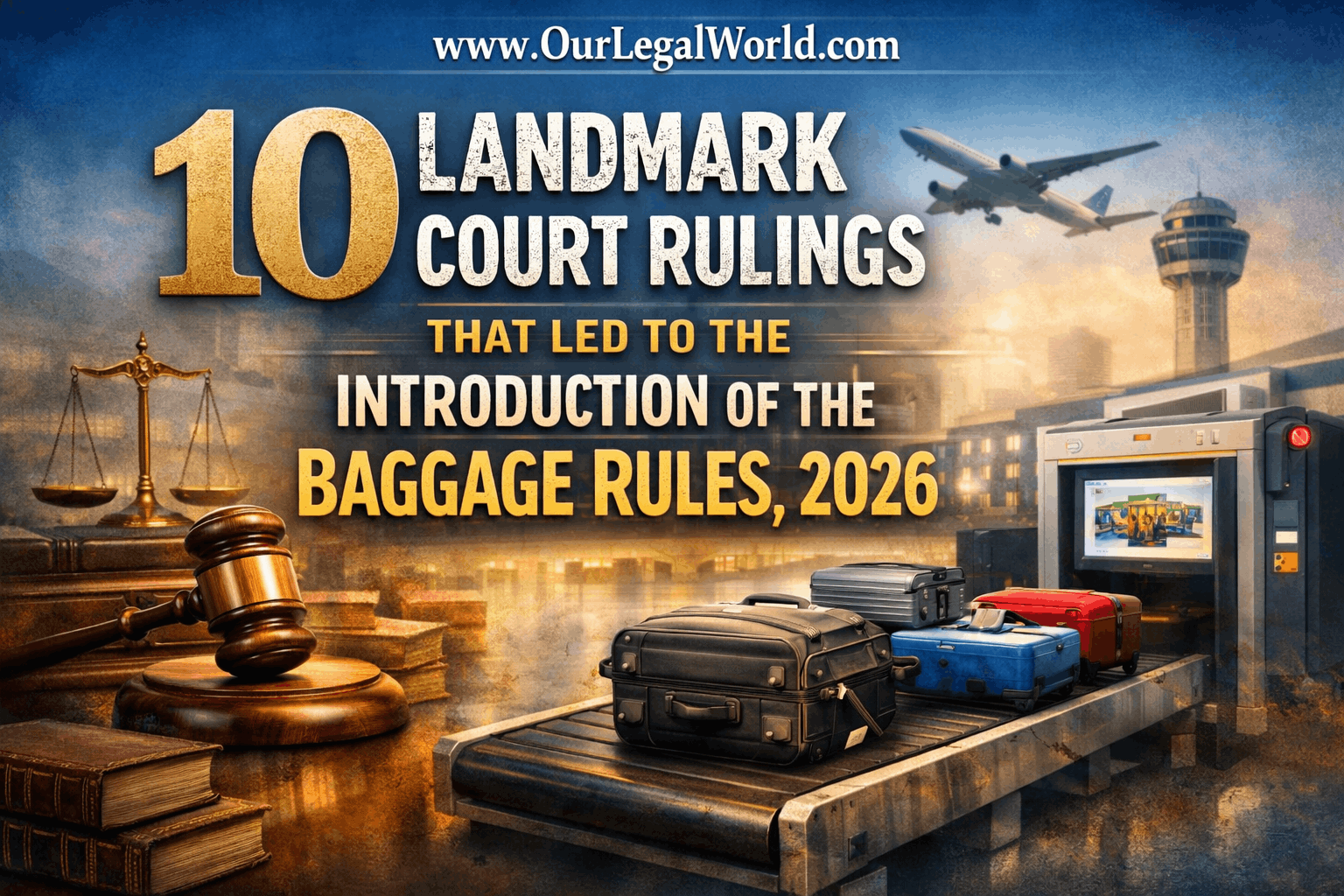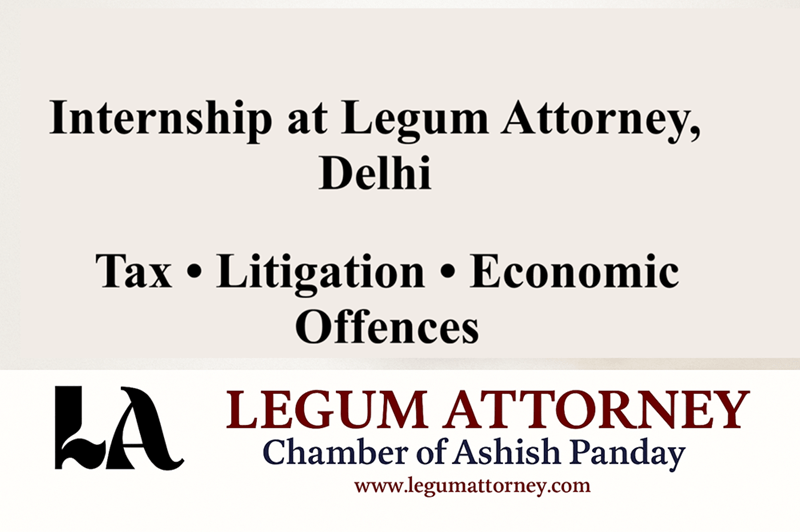JHARKHAND JUDICIAL (MAIN) EXAM PAPER 2017
Paper-I (विधि) Law
Question paper is divided into five sections. Each section has two questions of each 20 marks.
(Civil Procedure Code)– Section-A
1. (a) What is meant by substantial questión of law? Elaborate with reference to provisions and law relating to second appeal. Whether an additional evidence can be entertained by the high court in the second appeal?
(b) What is meant by inherent jurisdiction of civil court?
2. (a) “An error apparent on the face of record can be corrected in review proceedings”. Elaborate. Whether a party can apply for a review in an exparte decree granted by the competent court?
(b) How will you decide that a suit is of a civil nature? Are the following suits of civil nature?
- Right to take out religious procession
- Right to franchise
(Criminal Procedure Code)- Section- B
3. (a) When a police officer can arrest a person without warrant? How such an arrest can be effected?
(b) Explain the following :
- Appeal against acquittal
- Trial in the absence of the accused
4. (a) Give a brief account of the procedure to be adapted regarding the dispute relating to immovable property.
(b) Mention special provisions under the Cr.P.C. in respect of arrest, search, investigation and medical examination of women.
(Indian Penal Code)- Section-C
5. (a) “Every person shall be liable to punishment under this code (I.P.C.) and not otherwise for every act or omission contrary to the provision there of which he shall be guilty, with in India”. Discuss and state the exceptions of the rule, if any.
(b) Who is an abettor? Discuss the liability when an act is abetted and a different act is committed.
6. (a) On what grounds a person is said to make a false document? What offence does he commit thereby? When does men’s signature of his own name amount to forgery?
(b) Mention the circumstances in which a person can plead intoxication as a defence.
(Indian Evidence Act)– Section-D
7. (a) When are confessions relevant in evidence?
‘A’ an accused, is under arrest. He tells the investigating officer that he had buried the ear-rings of the deceased near ‘pipal’ tree. It is proved to be true on the accused taking the police officer and the ‘Panchas’ to the place and pointing the place where then had been hidden. Is the statement of ‘A’ admissible in evidence against him?
(b) Who is ‘expert”? When are the opinions of third person relevant? What is the probative value of such evidence? What is the difference between an expert and an ordinary witness?
8. (a) What is the meaning of dying declaration? Is such a declaration admissible in evidence? If so, under what circumstances? ‘A’ who was hit by bullet, stated in the hospital in the presence of a magistrate that, ‘B’ had fired at him. But ‘A’ did not die of the injury. Is the statement of ‘A’ made in the presence. of the magistrate admissible in evidence against ‘B’? Can it be of any other use?
(b) Explain the rules relating to hearsay evidence with exceptions, if any.
(Limitation Act)–Section- E
9. (a) “Every suit instituted, appeal preferred and application made after the prescribed period shall be dismissed.” Discuss.
(b) R’s watch was stolen by some unknown person on 1.1.1970. On 1.1.1975 R found the watch with Q who was bonafide purchaser of that watch. On 3.2.1975, R filed suit for recovery of watch against Q. Q contends that suit is time barred, having been filed after expiry of prescribed period of three years from the accural of cause of action. Decide citing case law.
10. (a) What are the rules regarding exclusion of prescribed period in legal procecdings? Discuss them in the light of Sections 12, 13 and 14 of the Limitation Act, 1963.
(b) How can a person acquire easement by prescription in accordance with the provisions of Section 25 of the Limitation Act, 1963?
(Paper-II)
Time : 3 Hrs. M.
M : 100
Note. (1) Candidates are required to answer five questions, selecting compulsory one question from each Section.
(Law of Contract)– Section A
1. (a) “An agreement enforceable by law is a contract.” Explain referring to the conditions subject to which an agreement becomes a contract.
(b) Briefly discuss rules of acceptance of proposals. ‘A’ offers to purchase B’s car for Rs. 7,000 and adds that if the offer is not rejected, it will become a binding contract. ‘B’ keeps silence. Is ‘B’ bound to sell?
2 (a) Explain the provisions of Contract Act relating to restraint of trade. Is there any exceptions to this rule? If so, point out.
(b) What are quasi-contracts? What type of quasi-contracts have been recognized by the Indian Contract Act?
(Partnership Act)- Section B
3. (a) What are the essentials of a contract of sale of goods? Discuss.
(b) Discuss the rules of passing of property in specific goods.
4. (a) What do you mean by condition and warranty? Distinguish between the condition and warranty. When can a breach of condition be regarded as a breach of warranty?
(b) Discuss briefly:
(i) Effect of destruction of goods before sale.
(ii) Merchantable quality.
(Negotiable Instruments)- Section- C
5. (a) Define ‘promissory note’. Do you consider the following to be promissory notes.
(i) I promise to pay ‘B’, a sum of Rs. 5,000 and any other amount which may be payable to him.
(ii) I promise to pay ‘B’, Rs. 8,000 one month after the death of ‘A’.
(b) Write a short note on business problems and legal solutions under the Negotiable Instruments Act.
6. (a) Define cheque. Discuss its characteristics and differentiate between a cheque and a promissory note.
(b) What do you know about “Nothing and Protest”? Describe its procedure.
(Arbitration and Conciliation Act)- Section D
7. (a) Explain where and how in Arbitration Act, the arbitral tribunal is required to follow the principles of natural justice. Do you agree with the same?
(b) Write about the court’s assistance in taking evidence in the Arbitration and Conciliation Act, 1996.
8. (a) State the rules governing the conduct of arbitral proceedings. What are the ways in which such proceedings are terminated?
(b) Discuss the appointment and role of conciliators under the Arbitration and Conciliation Act, 1996.
(Transfer of Property Act)- Section E
9. (a) Discuss the rule against perpetuity and give its exceptions.
(b) Discuss vested and contingent interest and distinguish between them.
10. (a) Discuss the doctrine of part-performance as given in Section 53-A of the Transfer of Property Act.
(b) “The foundation of the doctrine of election is that a person taking the benefit of any instrument must also bear the burden.” Explain.
(Paper-III) (विधि) Law
Time : 3 Hrs. M. M : 100
Note. (1) Candidates are required to answer five questions, selecting compulsory one question from each Section.
(Hindu Law)- Section A
1. (a) “There is a shift from fault theory to irretrievable breakdown of marriage theory for dissolution of marriage.” Discuss.
(b) Discuss the changing concept of “adoption” under Hindu Law.
2. (a) With the help of decided cases, discuss under what circumstances a Hindu wife can be a natural guardian?
(b) Discuss the concept of Stridhan in ancient Hindu law and how has it been changed in the Hindu Succession Act, 1996?
(Muslim Law)– Section B
3. (a) “Polygamy” under Muslim law is not a general rule but an exception.” Discuss.
(b) Define ‘Hizanat’. Can this right be lost? If so, under what circumstances? Explain.
4. (a) Describe the classes of persons who can claim a right of pre-emtion. Examine whether the right of pre-emption is still available on grounds of vicinage?
(b) What do you understand by ‘dower’ and explain its importance in Muslim marriages? What are the rights of widow whose dower has not been paid?
(Jharkhand Building Lease, Rent and Eviction) Control Act, 2011) (Section-C)
5. (a) What is meant by “Standard Rent”? How and by whom it is fixed? What charges, other than the rent, are premissible to a landlord, under the Act?
(b) Write briefly about the appointment, powers and procedure to be followed by controller? How are the orders of controller eхеcuted?
6. (a) What are the formalities required to bring a tenancy into existence? What ate the rules relating to inheritance to tenancy?
(b) A partnership firm is a tenant in a non-residential building. All the partners agree to sell the business of their firm, including its “good-will”, to a new set of partners who continue to do the business in the old name. Whether landlord can claim possession of the building? Give reason.
(Specific Relief Act)- Section D
7. (a) What do you understand by specific relief? Can specific relief be granted for the mere purpose of enforcing a penal law. Discuss.
(b) What do you understand by cancellation of instruments? Discuss its essentials and differences between cancellation of instruments and recession of contract.
8. (a) What is preventive relief? Describe the provisions relating to preventive relief as provided in the Specific Relief Act, 1963.
(b) What remedy is available to ‘A’ in the following case? Discuss with reasons:
(i) months as a clerk. Later on ‘B’ does not perform the contract.
(ii) ‘B’ contracts with ‘A’ that he will sing song for twelve months in ‘A’s theatre and he will not sing at any other place. Later on ‘B’ does not perform the contract.
(Section-E)
9. (a) “It is the basic principle of Jurisprudence that every right has a correlative duty and every duty has a correlative right. But the rule is not absolute. A person may have a right but there may not be correlative duty.” Comment.
(b) Briefly discuss various kinds of corporeal and incorporeal property.
10. (a) “Internal morality is a procedural version of natural law.” Explain.
(b) What is the meaning of “Administration of Justice”? Discuss the necessity of administration of justice and the dierent theories of criminal justice administration.
